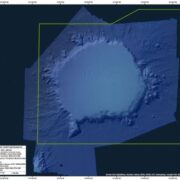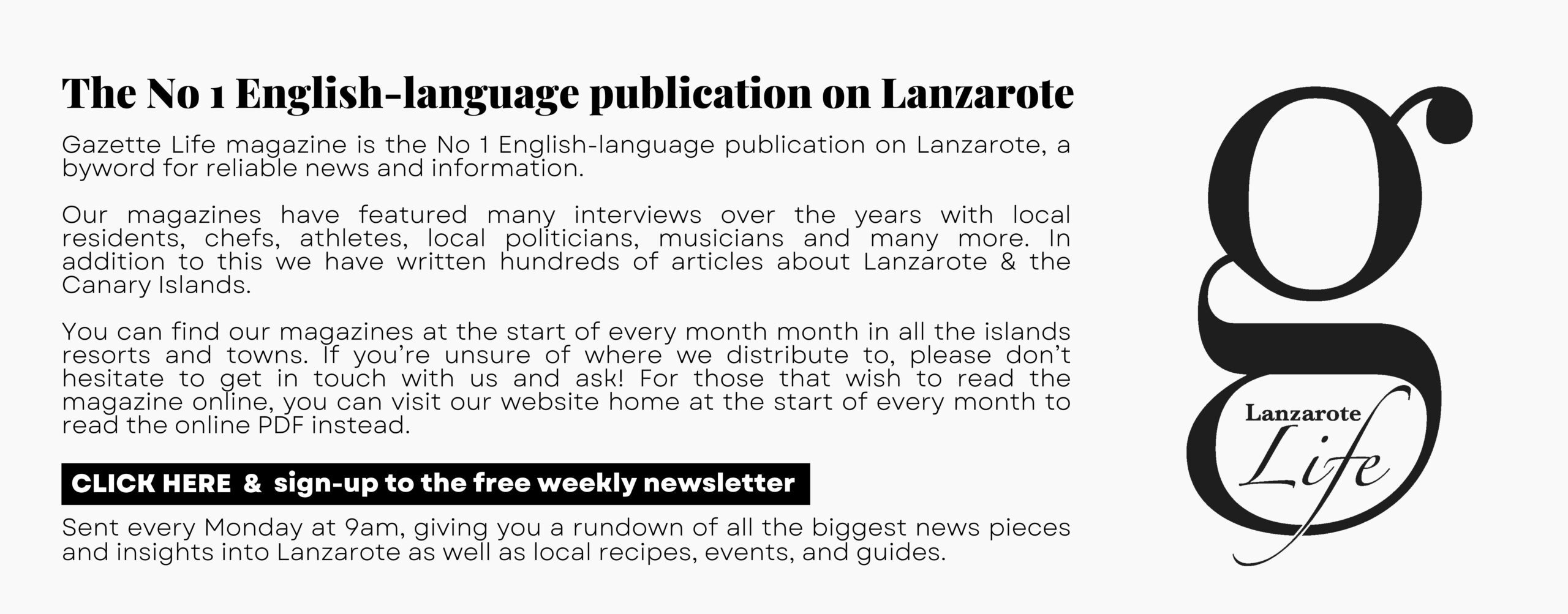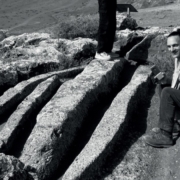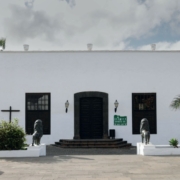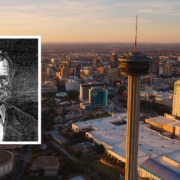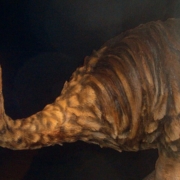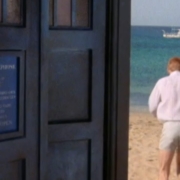75 kilometres north of Lanzarote lies the biggest underwater mountain in the Canary Islands – a refuge for wildlife and a source of immense biodiversity.
Lanzarote emerged from the ocean over 15 million years ago, with the mountains of the Ajache region and the Famara cliffs reaching immense heights of thousands of metres. They have since been eroded to a fraction of their original size.
At one point, when sea levels dropped, it was part of an ancient island known as Mahan, which included Lanzarote, Fuerteventura, La Graciosa and Lobos. And to its north was another island – Concepción.
The Concepción seamount rises 2,400 metres from the seabed, and its peak is just 150 metres beneath the surface. The discovery that parts of the mount had been subjected to wind erosion suggests that it was above water for millions of years, forming part of the Canarian archipelago.
The abrupt rise of Concepción from the seabed still causes disruption in ocean currents, causing deep water sediments containing nutrients to billow upwards. This attracts animal life and makes Concepción an incredibly rich and varied ecosystem.
Long before humans existed, ancient species of whale and the megalodon shark were frequent in the waters north of Lanzarote; and the Concepción Bank is still a haven for wildlife. 497 species have been detected there so far, including nine species of whales and dolphin, and five previously unknown creatures. But many more remain to be reported.
Those smaller creatures have also changed the face of Lanzarote. Much of the sand on the island is calcium based, formed by the skeletons of trillions of tiny animals that have been washed up on the beaches of Famara from the seas to the north. This sand then travels slowly south over the island with the wind, ending up on the natural beaches on the island’s southern coast.
The Concepción Bank has been proposed as a protected area, although its distance from land means that human activity has not yet been significant.
For regular updates, pictures and videos of Lanzarote be sure to like and follow our Facebook page “Gazette Life Lanzarote”.

